Analysis of Simple Sentences:
Read the following simple sentence:
A brave hunter was hunting an innocent deer in the forest.
Breaking the sentence into its constituting parts we see it has six parts; viz.
- Subject: Hunter
- Enlargement of Subject: A brave
- Finite Verb: Was hunting
- Object: Deer
- Enlargement of Object: An innocent
- Extension of Predicate: In the forest
Note- Some sentences have Complements too as their constituents; as,
We made him our captain.
Here “our captain” is the Complement of the verb made.
Summing up, we see that a sentence may have seven constituent parts of it as enumerated below once again:
- Subject
- Enlargement of Subject
- Finite Verb
- Object
- Enlargement of Object
- Extension of Predicate
- Complement
(1) The Subject- The person or a thing spoken of in a sentence is called the Subject.
It may be a Noun or a group of words having the force of a Noun. It may be-
- A Noun; as, Girls dance.
- A Pronoun; as, She sings.
- An Adjective; as, The rich should not be proud.
- An Infinitive; as, To err is human.
- A Gerund; as, Gambling is a social evil.
- A Phrase; as, How he manages is a mystery.
(2) Enlargement of Subject- The word or words qualifying the subject are called Enlargement of Subject. It is either an Adjective or a word or words having the force of an adjective; as,
- An Adjective; as, A wise person is respected.
- A Participle; as, Barking dogs seldom bite.
- An Infinitive; as, The way to be happy is to envy nobody.
- A Noun or Pronoun in Possessive Case; as, Narendra’s son won a prize; His way are enviable.
- A Noun in Apposition; as, Akbar, the great Mughal, ruled over India for fifty years.
How to find out Subject and its Enlargement:
Frame a question with who or what before the Finite Verb along with the succeeding words. Answer to the question is the Subject along with the Enlargement of it if there is any. Now it is easy to separate them as Subject is a Noun or word or words having the force of a Noun while its Enlargement is an Adjective or word or words having the force of an adjective; as,
A poor beggar was frozen to death.
Question- Who was frozen to death?
Answer- A poor beggar.
Since a poor beggar being more than one word; it is the Subject and Enlargement of Subject. The noun beggar is the Subject while a poor is the Enlargement of Subject.
(3) Finite Verb- It is always a Verb; as,
- The sun rises in the east.
- The old man has died.
- She will be walking.
Verb “rises”, “has died”, “will be walking” are linked by the subjects “the sun”, “the old man”, “she” respectively. These are finite verbs.
(4) The Object- A Noun or word or words to which the action of a Verb is directed, is called the Object; as,
- A Noun; as, I posted the letter.
- An Adjective; as, Alms were given to the poor.
- A Gerund; as, He knows swimming.
- An Infinitive; as, She tried to swim.
- A Phrase; as, The teacher asked us to work hard.
(5) Enlargement of Object- A word or words qualifying the object form the Enlargement of Object. It may be:
- An Adjective; as she is a wise girl.
- A Participle; as, I saw her writing.
- An Infinitive; as, The thirsty crow could not find water to drink.
- A Noun or Pronoun in Possessive Case; as, He stole Mohan’s book. I broke her slate.
- A Noun in Apposition; as, I hate Javed, the cunning fellow.
How to find Object and Enlargement of Object:
Frame a question with whom or what before the Subject and Finite Verb, the answer is the Object along with its Enlargement if any. Further separate the Object from its Enlargement, as discussed under Subject and its Enlargement; as,
I obeyed my father.
Question- Whom did I Obey?
Answer- My father.
Further father is a noun, so it is the Object and My is the Enlargement of Object.
(6) Extension of Predicate- A word or words which modify a Verb are called Extension of Predicate.
It is an Adverb or a word or group of words having the force of an Adverb. It may be-
- An Adverb; as, She walks fast.
- An Adjective; as; He does his work very carefully.
- A Participle; as, He went away satisfied.
- An Infinitive; as, He went to the river to bathe.
- A Preposition with its Object; as, The crow peeped into the jug.
- An Adverbial Phrase; as, They met their boss in a body.
How to find out Extension of Predicate:
Answers to questions beginning with when, where, why, how long, how far, etc. will give the required Extension of Predicate; as,
(i) They invited us to tea yesterday.
Question- When did they invite us to tea?
Answer- Yesterday.
So “Yesterday” is the Extension of Predicate.
(ii) They played the match on our school ground.
Question- Where did they play the match?
Answer- On our school ground.
So “On our school ground” is the Extension of Predicate.
(7) Complement- A word or words that complete the sense of an incomplete verb are called Complements; as,
- He is wise.
- The patient seems reduced.
- He was elected president.
- We made him captain.
The words in bold type are complements as they complete the predication of “is“, “seems“, “elected“, “made“, the Verbs of incomplete Predication.
How to find out Complements:
If the Verb is of incomplete Predication it must take a complement to complete its sense. Incomplete Verbs are of two kinds.
- Intransitive Incomplete Verbs.
- Transitive Incomplete Verbs.
(i) Intransitive Incomplete Verbs- All forms of to be (is, are, am, was, were), of have (has, have, had, have been, has been, had been), if they are not used as auxiliary verbs, become, seem, look, appear, smell, turn out, fall, continue, etc. are Incomplete Verbs. For example-
| Subject | Finite Verb | Complement |
|---|---|---|
| An ass | is | a beast of burden. |
| Manu | was | absent. |
| I | have | a pen. |
| She | seems | reduced. |
| He | turned | a terrorist. |
| The rose | smells | sweet. |
| Ramoo | fell | ill. |
(ii) Transitive Incomplete Verbs- Such verbs take both an Object and a Complement; as,
| Subject | Finite Verb | Object | Complement |
|---|---|---|---|
| He | mistook | a rope | for a snake. |
| We | made | him | our monitor. |
| The judge | set | the prisoner | free. |
| The mother | found | the baby | safe and sound. |
| They | kept | us | waiting. |
In the above sentences although Verbs take Objects after them yet the sense is not complete if the succeeding words are omitted. Such words are Complements.
Examples of Analysis of Simple Sentences in Tabular Form:
- A week ago my brother was selected a cadet in the army.
- Shah Jahan, the great Mughal builder, built many magnificent buildings to beautify his empire.
- A benevolent ruler rules over his kingdom with love and sympathy.
- A few hunters wandered about in vain in the forest.
- We chose him our monitor.
- A hunter shot a fierce lion in a thick forest.
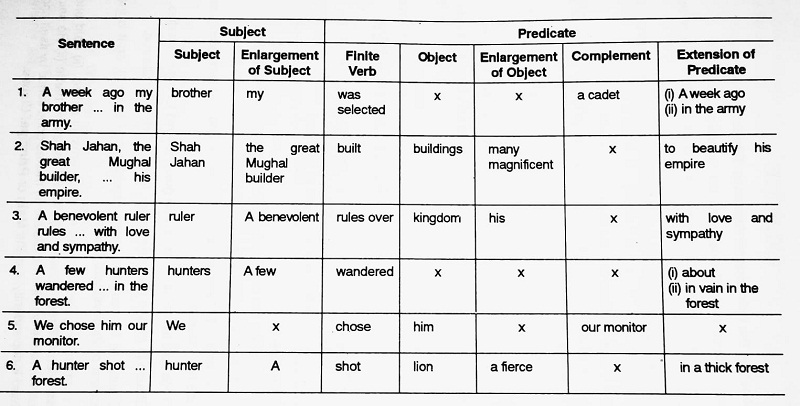
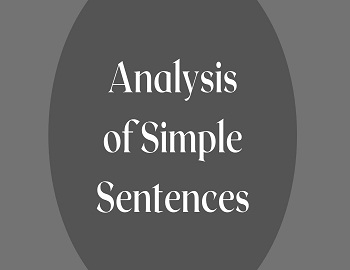
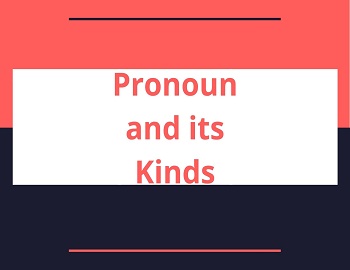

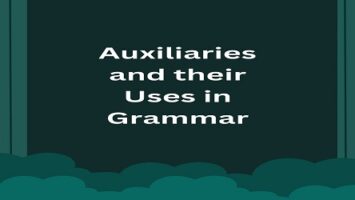
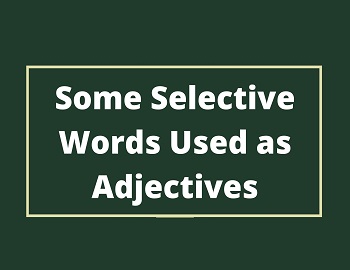


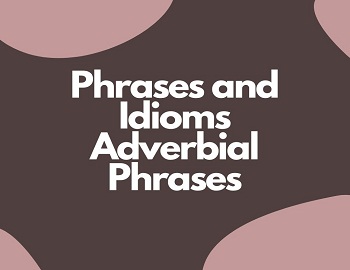
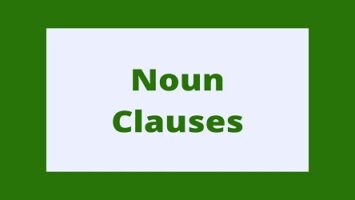
Comments (No)